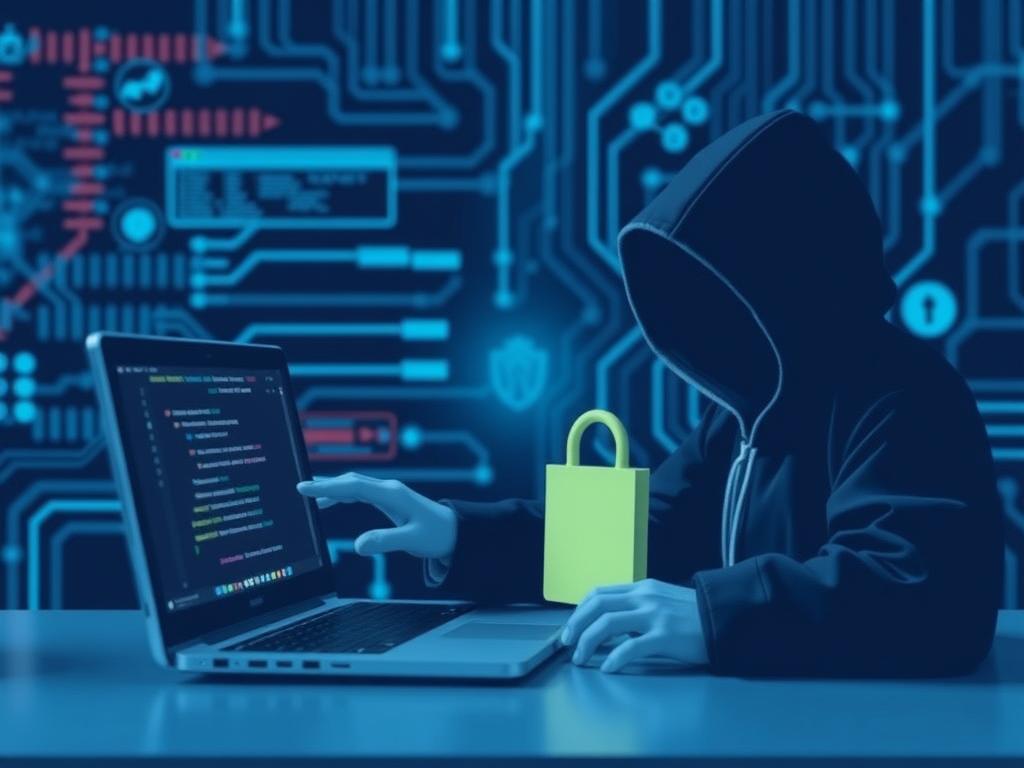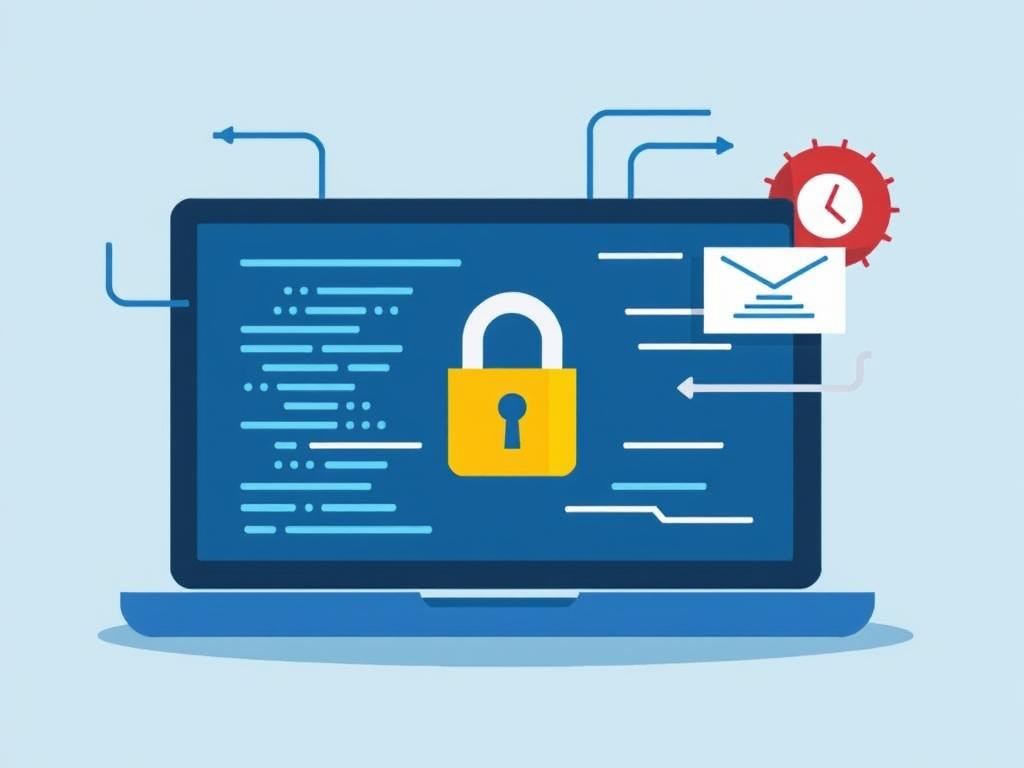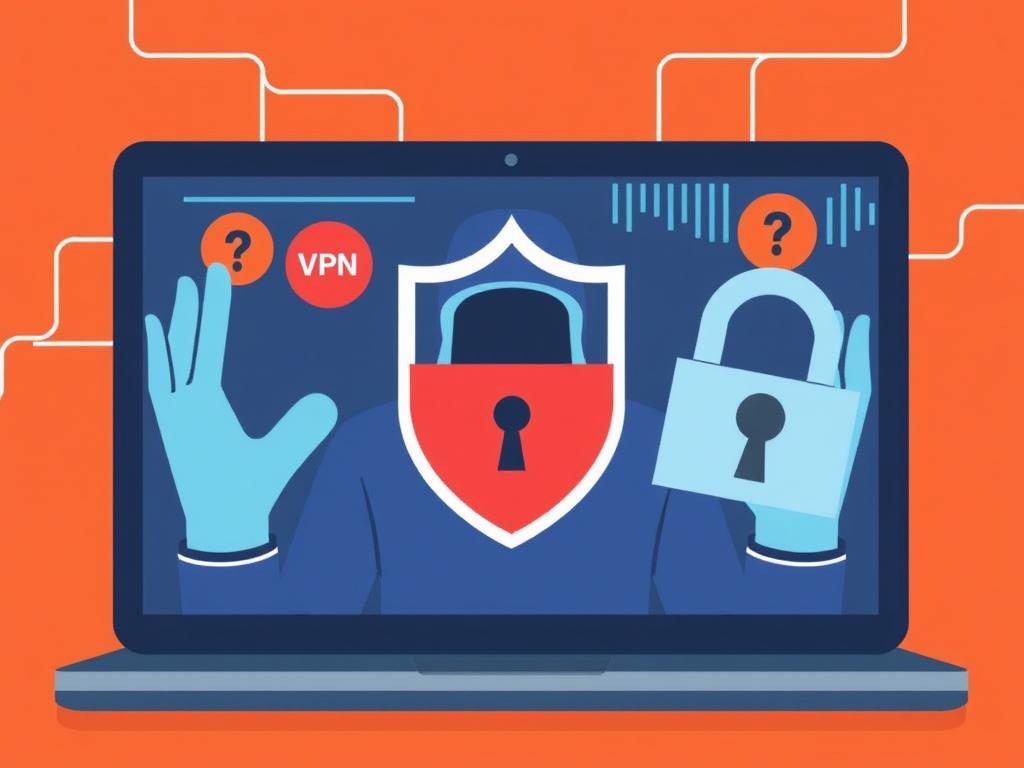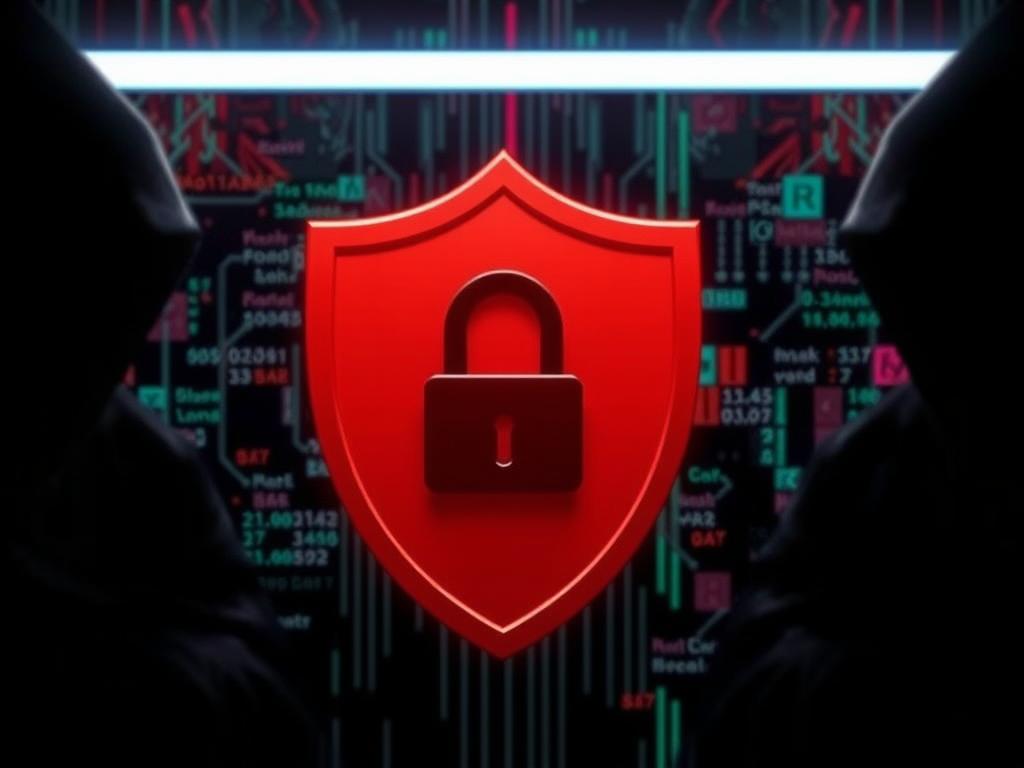In today’s digital world, protecting your online privacy has become more crucial than ever. With cybercriminals lurking behind every click, many internet users turn to VPNs, or Virtual Private Networks, as a shield against hackers. But the million-dollar question remains: does a VPN really protect you from hackers? This article will explore how a VPN works, what kind of protection it offers, and where its limitations lie. If you’ve ever wondered whether using a VPN is enough to keep your online data safe, you’re in the right place.
Understanding How VPNs Work

Before diving into whether a VPN protects you from hackers, it’s important to understand what a VPN actually does. When you connect to the internet without a VPN, your data travels directly between your device and the websites or services you’re accessing. This data can sometimes be intercepted or monitored by hackers, internet service providers, or even government agencies. A VPN creates a secure, encrypted tunnel between your device and a VPN server, effectively masking your IP address and encrypting your internet traffic. This process helps keep your online activities private.
Encryption and IP Masking: The Core of VPN Security
Encryption scrambles your data into a format that’s unreadable without the correct decryption key, which is how VPNs protect your data from prying eyes. IP masking hides your actual location, making it much harder for hackers to trace your online activity back to you. This combination offers a layer of security that ordinary internet connections don’t provide. However, while VPNs enhance privacy and reduce exposure, it’s essential to know exactly what kind of protection they offer in the context of hacker threats.
How a VPN Protects You from Hackers
While VPNs aren’t a magic bullet against all cyber threats, they do provide several key benefits that help reduce the risk of hacking.
- Protecting Your Data on Public Wi-Fi: Public Wi-Fi networks are notoriously insecure. Anytime you connect to a coffee shop or airport Wi-Fi, hackers nearby can use techniques like “packet sniffing” to intercept your data. A VPN encrypts your traffic, making it extremely difficult for hackers to capture anything meaningful.
- Preventing Man-in-the-Middle Attacks: In these attacks, a hacker intercepts the communication between you and a website or service. Since a VPN encrypts your data, even if intercepted, it remains secure and unreadable.
- Hiding Your Real IP Address: Hackers sometimes target users by their real IP addresses, aiming to launch direct attacks. By masking your IP, a VPN adds another barrier, helping to reduce the risk of targeted attacks.
- Reducing Tracking and Profiling: Some hackers use tracking methods to build profiles of potential victims. Because a VPN routes your traffic through remote servers, it becomes much harder to track or profile your online behavior.
Where VPNs Fall Short Against Hackers
It’s important to realize that while VPNs help safeguard your online activity, they do not offer complete protection from all hacker tactics.
Malware and Phishing Attacks

VPNs don’t stop you from downloading malicious software or falling for phishing scams. These threats rely on social engineering or exploiting software vulnerabilities, which encryption and IP masking can’t prevent. It’s still vital to use antivirus software and practice cautious browsing habits.
VPN Provider Trust and Data Security

Your VPN provider plays a huge role in your security. Some shady VPN services may log your activity or have security vulnerabilities of their own. If a hacker gains access to the VPN provider’s servers or logs, your data could be exposed. It’s crucial to choose a reputable VPN provider with strict no-logs policies and strong security measures.
Limitations Against Advanced Threats
Certain advanced hacking techniques, such as zero-day exploits targeting flaws in your device’s software or hardware, happen independently of your internet connection security. A VPN doesn’t prevent these kinds of threats, so keeping your software updated and using proper cybersecurity hygiene remains essential.
Other Benefits of Using a VPN for Security
Besides protection from some hacking methods, VPNs offer additional advantages:
| Benefit | Description |
|---|---|
| Bypass Censorship | VPNs allow access to websites and content blocked in certain regions. |
| Secure Remote Work | Businesses use VPNs to allow employees to safely access corporate networks. |
| Improve Online Privacy | VPNs mask browsing habits from ISPs and advertisers. |
| Prevent Bandwidth Throttling | Some ISPs slow down specific types of internet traffic; VPNs can help evade this. |
How to Choose a VPN to Maximize Your Protection from Hackers
If you’re considering a VPN mostly to boost your security against hackers, here are some factors to keep in mind:
- Strong Encryption Standards: Look for AES-256 encryption or better.
- No-Logs Policy: Providers who don’t keep activity logs reduce the risk of data leaks.
- Kill Switch Feature: This automatically blocks internet access if the VPN connection drops, preventing data leaks.
- Reputation and Audits: Opt for providers that have undergone independent security audits.
- Multi-device Support: Ensure you can protect all your devices.
- Fast and Reliable Servers: A VPN that slows your connection too much might discourage use.
Setting Realistic Expectations for VPN Security
It’s easy to believe that a VPN totally guards you against hackers. While a VPN greatly boosts your online privacy and provides some crucial security elements, it shouldn’t be your only line of defense. Strong passwords, two-factor authentication, cautious internet habits, and updated software are all necessary complements.
Common Myths About VPNs and Hacker Protection
Let’s debunk a few myths that often cause confusion around VPNs and hacking:
- Myth 1: VPNs Make You Completely Anonymous – Though VPNs hide your IP address, your online behavior could still be tracked through cookies or browser fingerprinting.
- Myth 2: VPNs Protect You on All Devices Equally – If your device is already compromised by malware, a VPN won’t undo that.
- Myth 3: Free VPNs Offer the Same Protection as Paid Ones – Many free VPNs have poor security protocols, limited encryption, or sell data to third parties.
How to Use a VPN Safely to Protect Yourself from Hackers
To get the most security benefits from a VPN, keep these tips in mind:
- Always connect to the VPN before accessing the internet on unsecured networks.
- Keep your VPN client software updated to benefit from security patches.
- Combine VPN use with antivirus programs and firewalls.
- Avoid logging into sensitive accounts while disconnected from your VPN on public networks.
- Regularly change VPN server locations if your VPN allows.
Conclusion
Does a VPN protect you from hackers? The answer is a qualified yes. VPNs provide essential security features like encryption, IP masking, and protection against interception on public networks, which significantly reduce your risk of falling victim to many common hacking attempts. However, they are not a cure-all; VPNs cannot stop phishing schemes, malware, or device-level vulnerabilities. Choosing a trustworthy VPN provider and using the VPN alongside other security practices will maximize your protection. Think of a VPN as a powerful part of an overall cybersecurity toolkit rather than a standalone solution. By understanding what a VPN can and can’t do, you make smarter choices about how to keep your digital life safe.
